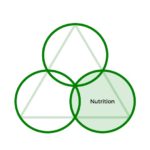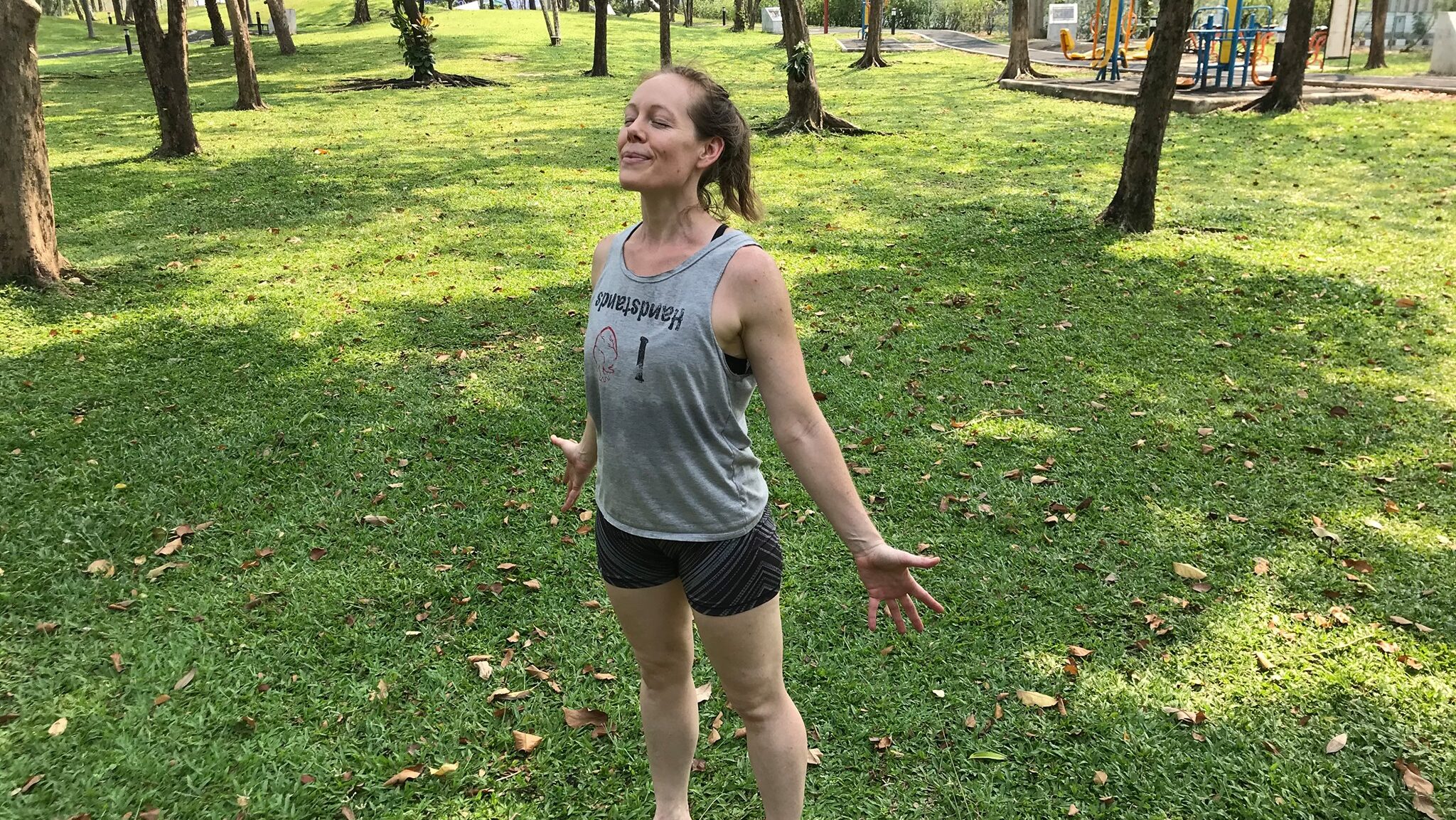
Nutrition
Quality Food / Clean Water / Fresh Air
Eat Quality Food
Fad diets do nothing more than confuse a basic function that we have as humans - to eat, digest and assimilate core nutrients in order to build healthy cells.
At the core of the matter, we need to eat food in order to thrive. Through the process of eating, digestion and assimilation, we are able to grow and develop into robust and resilient people. Building this as a healthy habit and behavior, we are able to pass on healthy traits to our children.
If growing, being healthy and reproducing merely came from eating anything, there would be no science, nothing to study. But that is not the case. We’ve learned through the eons of time that all living things need specialized sustenance in order to live happy and healthy lives.
The nutrients that we are meant to consume are made up of special chemicals that our bodies recognize as building blocks for our cells. These nutrients fall into two major categories, macronutrients and micronutrients.
MACRONUTRIENTS:
- Carbohydrates
- Proteins
- Fats
- Water (see more below)
MICRONUTRIENTS:
- Vitamins
- Minerals

Macronutrients are more abundant in our food and therefore mare up the bulk of what we eat. They include carbon, hydrogen, oxygen and nitrogen. These are the chemicals that are also most prevalent on our planet. The micronutrients that we eat are more scarce, but play an equally vital, but different role in our bodies. They include calcium, phosphorus, potassium, sulfur, magnesium, folate and sodium, to name a few.

Drink and Use Clean Water
Our bodies are over 50% water. We don't store it like camels do. We need to get enough water daily to be hydrated and healthy.
Unfortunately, not all water is created equal. This basic resource that we need to survive is oftentimes polluted. Depending upon where you live in the world, fresh, pure water can be contaminated with bacteria from poor sanitation practices or toxic chemicals from improper industrial disposal. This water runs in rivers and streams, into lakes and on to the oceans. We know that this water is not safe to drink. But what about tap water? The water that gets delivered straight into your house?
While there are parts of the world where tap water is treated for bacteria and toxic chemicals, this is not true world-wide. Many places, it is not safe to drink water from a tap. Even in countries where water has been treated for safe drinking, old plumbing, poor infrastructure and unacknowledged contamination makes tap water unsafe to drink (in Flint, Michigan, for example). Be sure you’re both drinking and using water that is as pure as possible (as our skin is also affected by the quality of our water).
Breathe Fresh Air
World-wide, air has been polluted by industry and modes of transportation. In some areas, nature also contaminates the air with smoke from fires, debris from sandstorms or gases from volcanic eruptions. But mostly, it comes from us and the activities we find to be important to our livelihoods.


